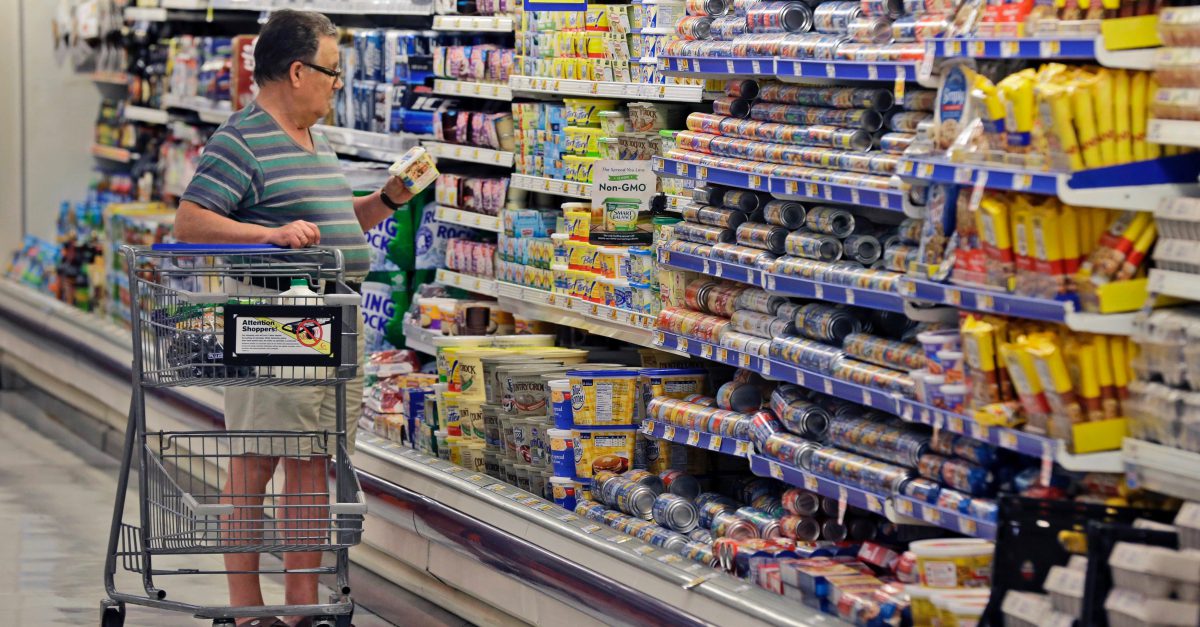Houston is a city which prides itself on its food, including its Texas-sized and themed grocery stores.
Videos by Rare
Major grocery chains, including Kroger, Aldi, Fiesta and H-E-B, are reportedly expanding their presence with stores all over the Houston area.
However, recent reports show these super-sized supermarkets are making their homes in Houston’s large suburbs, potentially contributing to several areas around town becoming “food deserts,” or areas without easy access to fresh produce and substantial food options.
Houston favorite H-E-B recently opened a 102,000 square foot store in Baytown, their new store incuding an in-house bakery, a meat market and fresh produce.
There is also reportedly a Kroger directly across the street from the new H-E-B in the neighborhood, as well as an Aldi and a Walmart in the same area.
RELATED: How Hurricane Harvey Changed the way Houston shops
However, the growth of H-E-B and other stores is not extended to central Houston at the same growth rate.
For example, of the 99 H-E-B stores across the area, only six are inside the 610 Loop, with another nine inside Beltway 8.
Kroger, the country’s largest grocery store chain according to its website, operates eight stores inside 610, but only one of those sits east of downtown Houston.
The lack of available grocery stores in these areas creates the food deserts, and these areaa with limited choice often force them to choose between fast food, highly-processed food from convenience stores or donations from local food banks.
RELATED: Some groceries are slow to get back to business post-Harvey
Experts say one of the major factors creating food deserts are the thin profit margins of supermarkets.
According to University of Houston professor Barbara Stewart, supermarket chains must target areas in which they can be assured an immediate profit, such as suburbs or master-planned communities, and often avoid less affluent areas, despite the need for quality food and the eager customer base.



